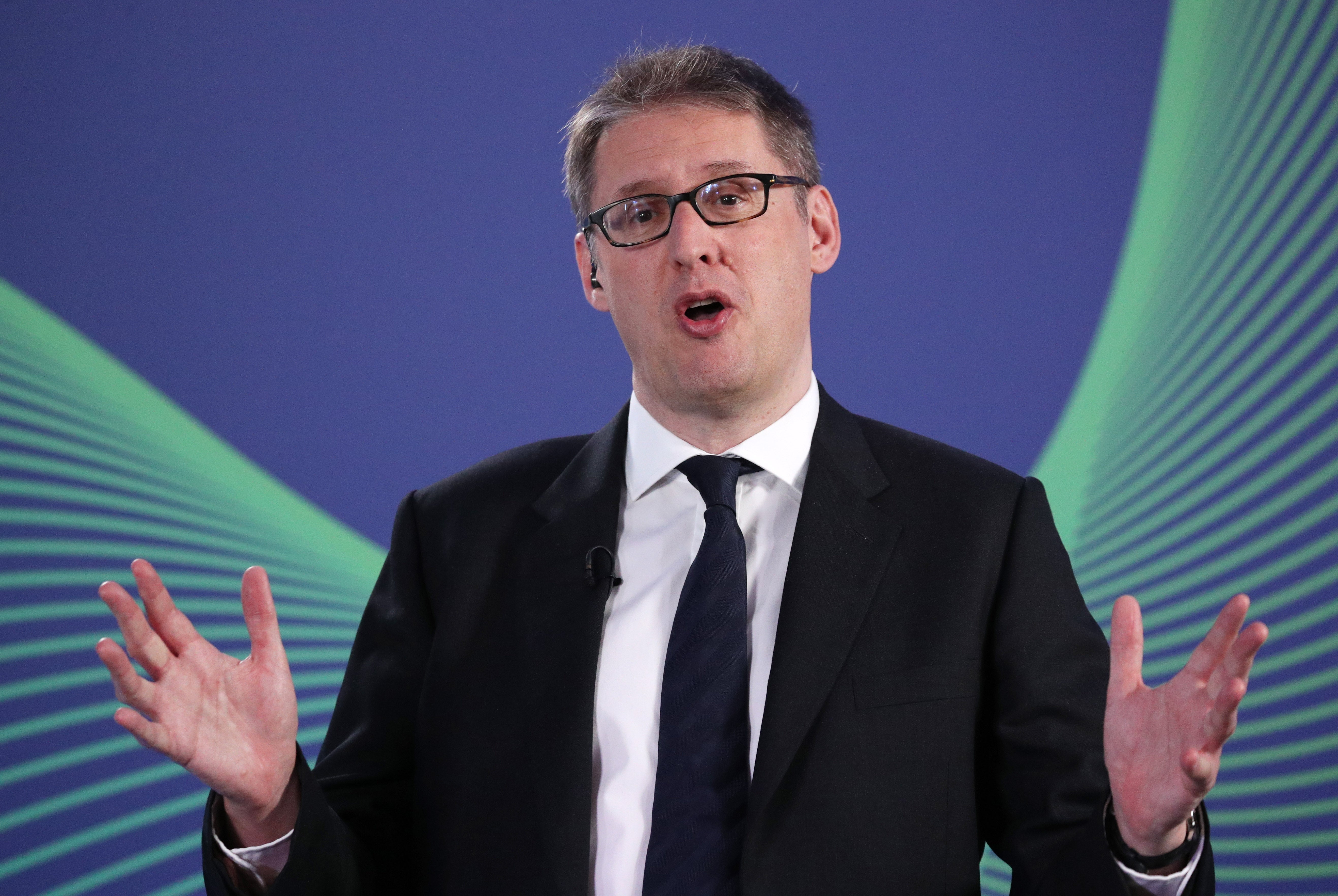Tory leadership candidates should listen to the CBI about the state of the economy
The current contenders for the office of prime minister aren’t likely to pay much attention to the Confederation of British Industry – but they should, argues James Moore


As candidates to be the next prime minister, we urge you to develop serious, credible and bold plans for growth.” This is how Confederation of British Industry (CBI) director general Tony Danker kicks off an open letter to the Tory leadership candidates.
It amounts to him saying: “You lot have heard about the economy, right? You understand the state it’s in? You’ve been thinking about what it might need?”
No, Tony. I don’t think they have.
One has to feel for Danker. He heads the UK’s biggest business group. It represents 190,000 small, medium and large British firms. It is staffed by people who are smart, serious-minded, and (mostly) sensible. This is reflected in their boss’s letter.
The trouble is, they are faced with a Tory Party staffed and led by people who are (mostly) anything but. Hunting unicorns and tilting at windmills has become their default response to any, and all, of the country’s problems.
Growth proving sluggish? Let’s cut taxes. NHS struggling? Shall we cut some tax then? Schools crumbling? Taxes could do with taking a tumble, no? This is how I see the leadership contest – or more specifically, this:
Candidate 1: “Look over there: it’s a pink fluffy unicorn! Sparkles is chowing down on sunlight, and after she’s done she and I are going to take two percentage points off income tax!”
Candidate 2: “Are you? Well that means you must be some kind of lefty. I’m going cut three points and take the same off VAT with the help of Rainbow Sunbeams here!
Candidate 3: “You... you... you Corbynite, you! Me and Summer Shiny Squishums are going to cut four points off income tax, VAT and corporation tax. Put that in your soap-bubble pipe and, erm, smoke it?”
Some readers will see where I’m going with this. Former Labour leader Jeremy Corbyn was crucified for what was seen as his pie-in-the-sky nonsense.
Except, it wasn’t quite like that. The then shadow chancellor John McDonnell, at least initially, was aware of the danger and made an attempt to cost what he and Jez wanted to do. There was some debate about the credibility of his sums. And it all went a bit pear-shaped at the end, with the pledges of free broadband for everyone and the like. No one really bought into that.
But McDonnell made a far better fist of balancing his books than are the ill-disciplined rabble currently vying to take charge of the country. With the notable exception of Rishi Sunak, who’s been playing grown-up. Sort of. It isn’t entirely clear what his plans are for getting the UK out of the economic hole it has found itself in, either.
Back to the CBI, which would quite like to see this addressed, thanks very much, ideally with tax changes (note Danker uses that word as opposed to “cuts”), which encourage the business investment that the British economy has been starved of for years. As opposed to further stoking inflation.
He’s not much keen on the sharp increases in corporation tax that are on the way (of course he isn’t), and would like to see business rates reformed (read: lowered). However, his call for a plan to address the UK’s torpid growth is well made.
The disastrous prime minister, who is now on his way out, has regularly bloviated about Britain’s super-strong, souped-up economy firing on all cylinders. Except it isn’t. It’s flirting with recession. Britain’s sluggish growth matters. It isn’t just the CBI that recognises this. Today, the Resolution Foundation publishes “Stagnation nation”. The interim report of its Economy 2030 Inquiry, funded by the Nuffield Foundation, brings together the findings of 30 reports, which set out the scale of the economic challenge Britain faces in the decade ahead.
It says that, having almost caught up with France and Germany from the 1990s to the mid-2000s, the UK’s productivity gap with these countries has almost tripled since 2008, from 6 per cent to 16 per cent. This is equivalent to an extra £3,700 in lost output per person.
The report also shows how Britain’s low growth has affected people’s pay packets. Before the financial crisis, wages grew by an average of 33 per cent per decade. Since then, pay growth has fallen below zero. Some 8 million young workers have never experienced a period of sustained rising wages on real terms.
Combined with increasing inequality during the past four decades, low economic growth poses a toxic combination for low- and middle-income households.
Danker might find some sympathy with at least some of the report’s conclusions, notably its contention that policymakers are “not serious about firms investing”.
It argues that they’re similarly lacking when it comes to the nature of the economy, fairness, levelling up (which was supposed to be Boris Johnson’s signature policy) and tax.
Listening to the leadership contenders dribble, it’s hard to argue with that.
Here’s the killer line: the report says that if the UK had the average income and inequality levels of countries such as Australia, Canada, France, Germany and the Netherlands, typical household incomes in Britain would be a third higher. That’s equivalent to £8,800 per household.
This potentially gives UK plc some room to play catch-up. At least, if these issues are addressed.
Oh... right.
The current contenders for the office of prime minister aren’t likely to pay much attention to Danker. They’re too busy chasing bright blue rainbows.
Join our commenting forum
Join thought-provoking conversations, follow other Independent readers and see their replies
Comments